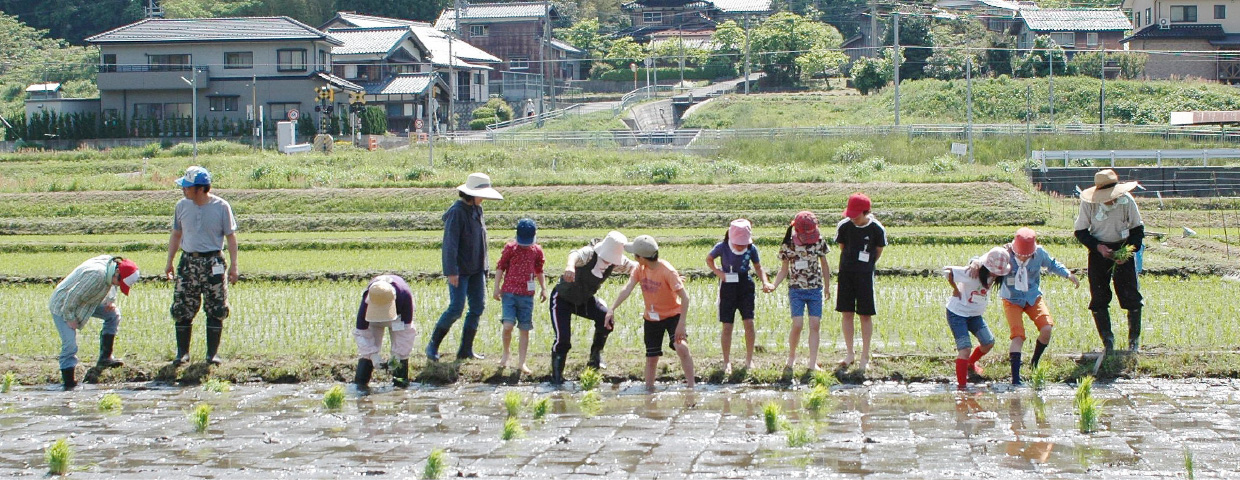NEWS

Resilience Indicators Workshop on Sustainable Landscape Management
2024.07.23
On 11 July 2024, the IPSI Secretariat, UNU-IAS and the Global Environment Facility Small Grants Programme (GEF SGP) implemented by UNDP, conducted an online workshop on using the Indicators of Resilience in Socio-ecological Production Landscapes and Seascapes (SEPLS): 2024 Edition. This toolkit is designed to support local communities to assess their socio-ecological resilience and develop strategies for sustainable landscape management.
The workshop provided national country teams responsible for managing the implementation of GEF SGP in participating countries with practical guidance to plan baseline assessments and develop landscape and seascape strategies for the fourth and latest phase of the Community Development and Knowledge Management for the Satoyama Initiative (COMDEKS).
Through GEF SGP, the COMDEKS programme provides small grants to local communities and organizations to help maintain and rebuild socio-ecological production landscapes and seascapes.
Rissa Edoo (Partnership Specialist, UNDP GEF SGP) highlighted the resilience indicators as important practical tools used in previous COMDEKS phases. The indicators facilitated dialogue with stakeholders, local communities and civil society organizations within the landscapes and seascapes where the programme operated. They served as a participatory tool that encouraged stakeholders to voice their opinions on how the landscapes and seascapes can be sustainably managed.
The first set of indicators was developed in 2012 as a collaborative activity under the International Partnership for the Satoyama Initiative (IPSI), whose Secretariat is hosted by UNU-IAS and the Alliance Bioversity International and CIAT.
Suneetha Subramanian (Research Fellow, UNU-IAS) explained that the indicators were revised to simplify the language and align them with developments in the multilateral biodiversity arena. The revision process for the newest edition included inputs from COMDEKS projects and IPSI members with extensive experience using the indicators, ensuring they are more user-friendly and inspire reflection within communities.
George Ortsin (former SGP National Coordinator, GEF SGP Ghana) shared his experience using the resilience indicators in Afadzato South Landscape in Ghana. This diverse landscape, which includes forests, grasslands, wetlands, mountains and a monkey sanctuary, faces challenges such as flooding, rising temperatures and landslides due to habitat destruction and reduced vegetation. To boost economic resilience and address biodiversity loss, communities engaged in sustainable production activities such as certified organic production, climate-smart cashew and groundnut production, integrated aquaponic farming, contract farming with intercropping and eco-certification of charcoal.
During the training session, participants deepened their understanding of the indicators through an interactive exercise, demonstrating an inclusive approach to sustainable landscape management. This exercise simulated a discussion of the indicators, with participants taking on the roles of various stakeholder groups within a landscape to perform a baseline assessment, such as women’s groups, local government, NGOs and the private sector.


